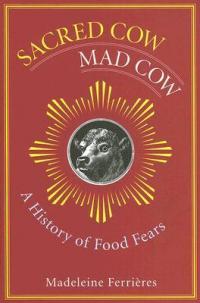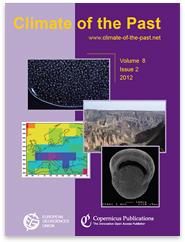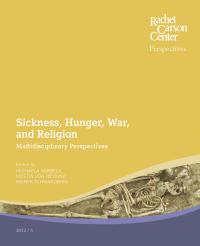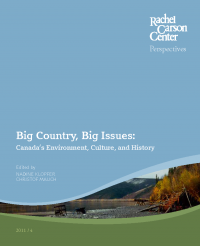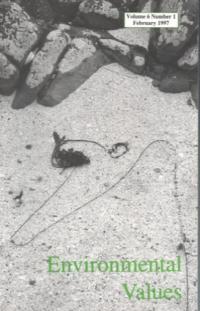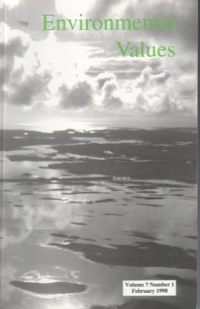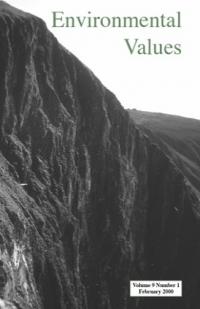Show search results for
“The Irish Famine of 1740–1741: Famine Vulnerability and ‘Climate Migration’”
The authors regard migration as a form of adaptation and argue that Irish migration in 1740–1741 should be considered as a case of climate-induced migration.
The Magic of One: Reflections on the Pathologies of Monoculture
In this issue of RCC Perspectives, Frank Uekoetter addresses monocultures as more than a cultural phenomenon, considering the science, economics, and technology behind the trend.
Sickness, Hunger, War, and Religion: Multidisciplinary Perspectives
Disease, hunger, war, and religion have shaped human existence over many centuries. This volume of RCC Perspectives presents exciting syntheses between research in the fields of archaeology, anthropology, and history.
Nutritional Science, Health, and Changing Northern Environments
This essay is drawn from a larger research project that examines the expansive, varied, and complex region of Northern Canada in the nineteenth and twentieth centuries.
A Lake of Opportunity: Rethinking Phosphorus Pollution and Resource Availability
This article outlines the “global P problem sphere” before moving to insights obtained from a Canadian case study that examines the opportunities of applying a paradigmatic focal shift to phosphorus understanding—“from noxious to precious”— as assessed and evaluated through the direct participation of local stakeholders.
"Wildlife Conservation, Food Production and 'Development': Can They be Integrated? Ecological Agriculture and Elephant Conservation in Africa"
Marthe Kiley-Worthington discusses integration of wildlife conservation, food production and development in relation to ecological agriculture and elephant conservation in Africa.
Attfield, Robin, "Saving Nature, Feeding People and Ethics"
Robin Attfield refutes the neo-Malthusian paradigm put forward by Holmes Rolston, arguing that authentic development will seldom conflict with nature conservation.
"Industrial Food for Thought: Timescapes of Risk"
Barbara Adam explores the temporal dimension of risks associated with the production, trade, and consumption of food.
"The Naive Argument against Moral Vegetarianism"
Peter Alward examines a naive argument against moral vegetarianism.


